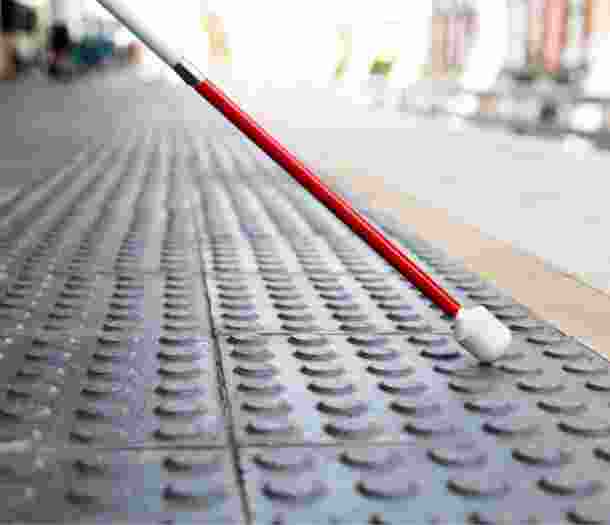On this page:
What is Occupational Therapy?
Support to learn the skills and techniques you use in everyday life.
Are you hoping to safely make dinner at home, or for friends or family? Can you choose your clothes from the wardrobe before you head out for the day? Perhaps you’d like to take up gardening and remove the weeds from your lawn? If low vision or blindness is holding you back, these are the type of skills you can learn in Occupational Therapy.
Occupational Therapists are health professionals who can support you to achieve your goals in everyday life at home, work, or school; whatever your age and whatever your level of vision.
‘Everyday life’ can mean something different for every person with low vision or blindness. If you have a specific skill you’d like to learn as part of your routine, we can create a program so that you can master it. From following your favourite recipes or doing your makeup, to managing your banking or using the computer, Occupational Therapists ensure you can approach your day with confidence.
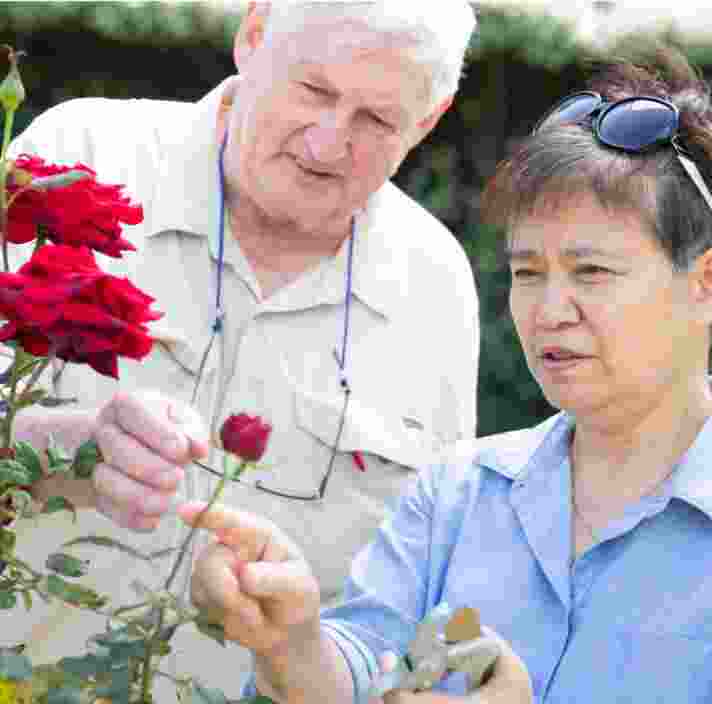
Where does the training take place?
Training designed to improve your skills in application.
Occupational Therapy is all about practical learning to support your daily lifestyle. Depending on what you hope to achieve, we believe it’s best to learn these skills in the scenarios where you’ll use them. That means your Occupational Therapy sessions could take place:
- At your home
- In your workplace, school, university, or TAFE
- Out and about in the local community
- At one of our local Guide Dogs centres
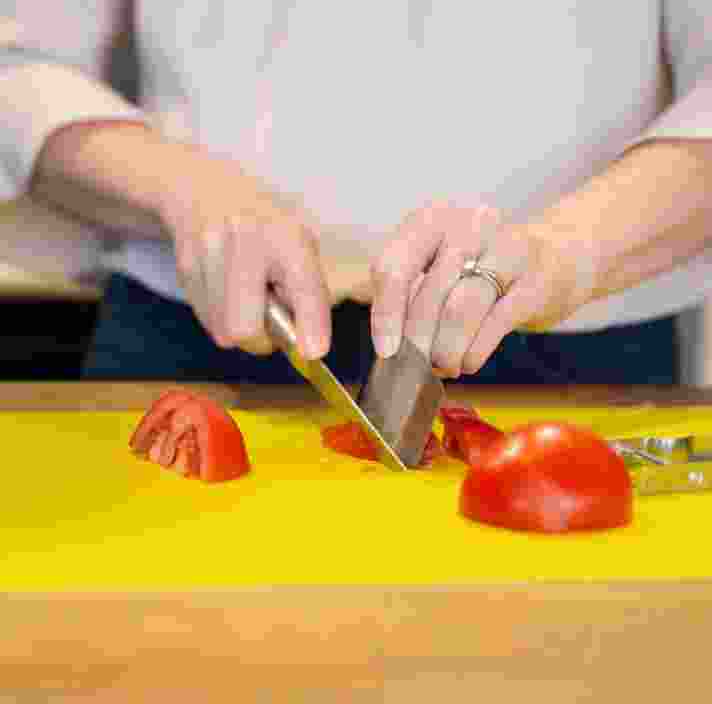
What kind of skills can I learn?
Occupational Therapists can enable you to perform all kinds of practical tasks.
Whether you want to learn personal care skills or something you can apply around the home, Occupational Therapists can support you to do these tasks confidently and get the most out of every day.
In Occupational Therapy, you can learn new ways to approach:
Personal care skills, like showering and grooming, choosing an outfit and getting dressed, or managing any medications you take.
Domestic skills around the house, including cooking, cleaning, making a cup of tea or coffee, doing the laundry, or keeping your garden looking green and fresh.
Tasks you’ll encounter while out in the community, such as withdrawing money from an ATM, signing documents, identifying and managing money in shops, and doing the grocery shopping.
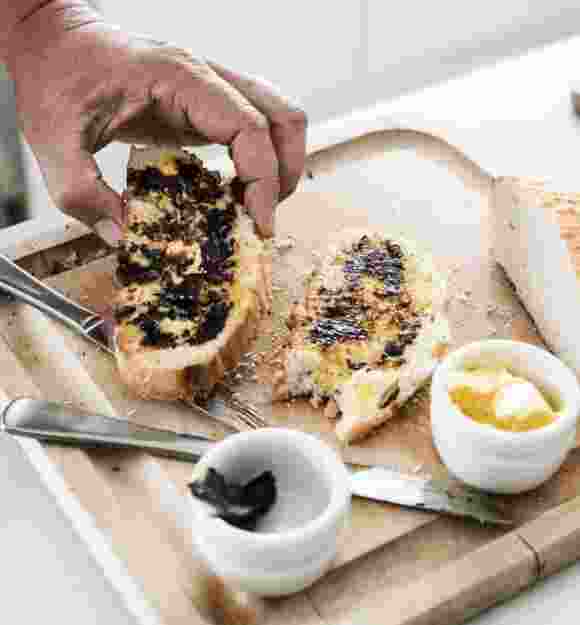
Communicating with others, via the phone, handwriting, presenting yourself confidently, or learning to use other adaptive technologies in your day-to-day.
Your home’s set up, by helping you find the best type of lights to use to maximise your vision, and develop strategies to make it easier to move around your house or apartment.
Occupational Therapists can also work with your friends and family new skills—like guiding or communication techniques—to ensure you enjoy full support from everyone that’s important to you.
Request a service
Referrals
For further information
- Phone: 1800 804 805
- Email: referrals@guidedogsvictoria.com.au
- Mail: Guide Dogs Victoria
Private Bag 13
Chandler Highway
Kew, Victoria, 3101
Could you access this support via NDIS?
Many people include this support as part of their NDIS plan.
Have you checked your eligibility to access this support through the National Disability Insurance Scheme (NDIS)?
If you’re eligible for the NDIS, we can cut through the jargon, assist with your plan—or pre-planning—and get you on the path towards your personal goals. You can request free Support Coordination or find out more about your potential eligibility to access this service through the NDIS now.
If you’re older than 65, funded supports are accessed through the aged care system. You can register with My Aged Care by contacting their help line on 1800 200 422.
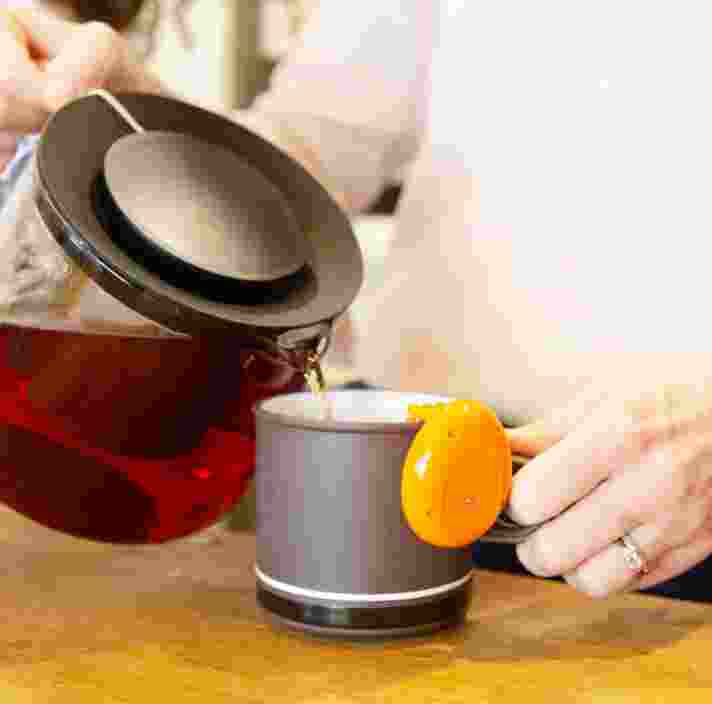
Ready to continue?
Seems like you have filled this form earlier. Let’s pick up where you left off.
